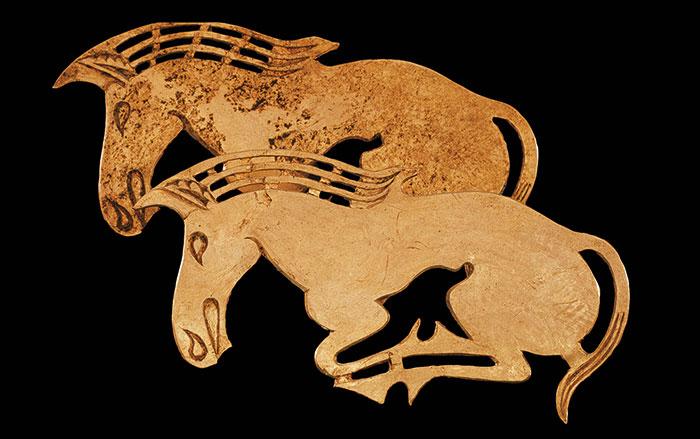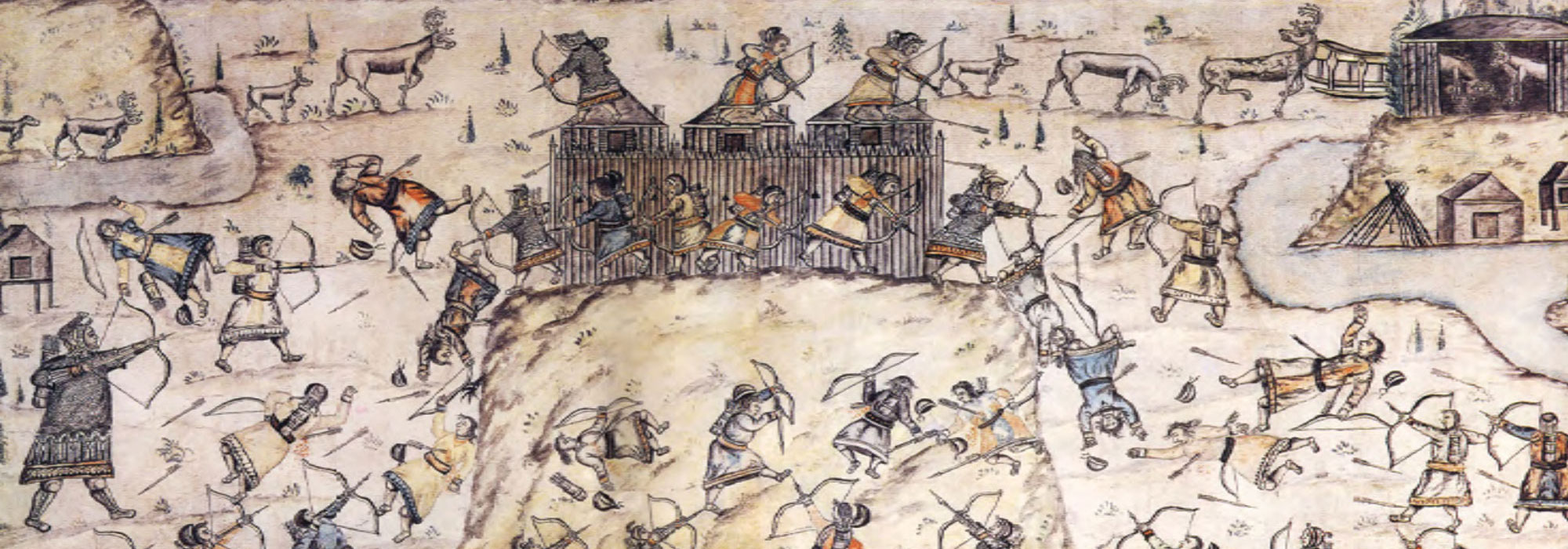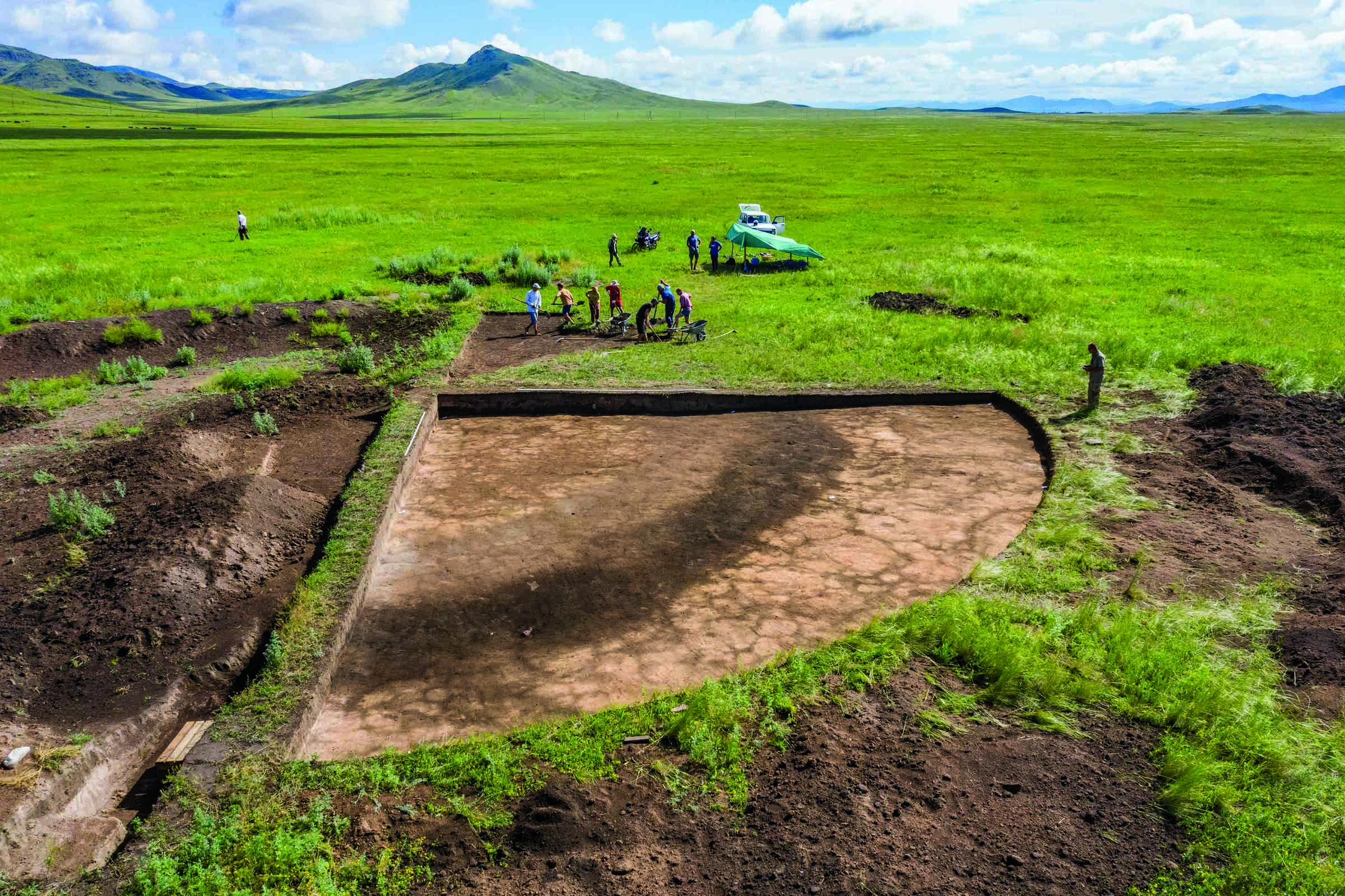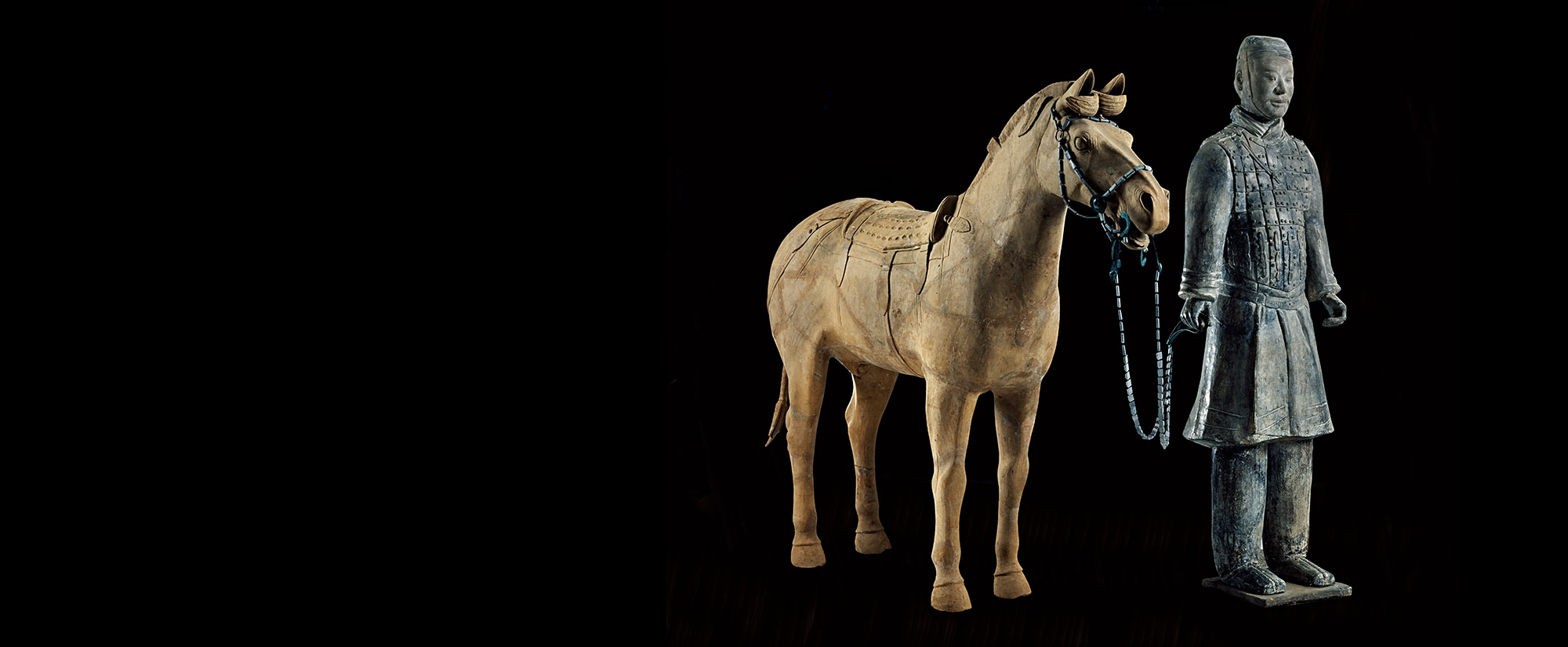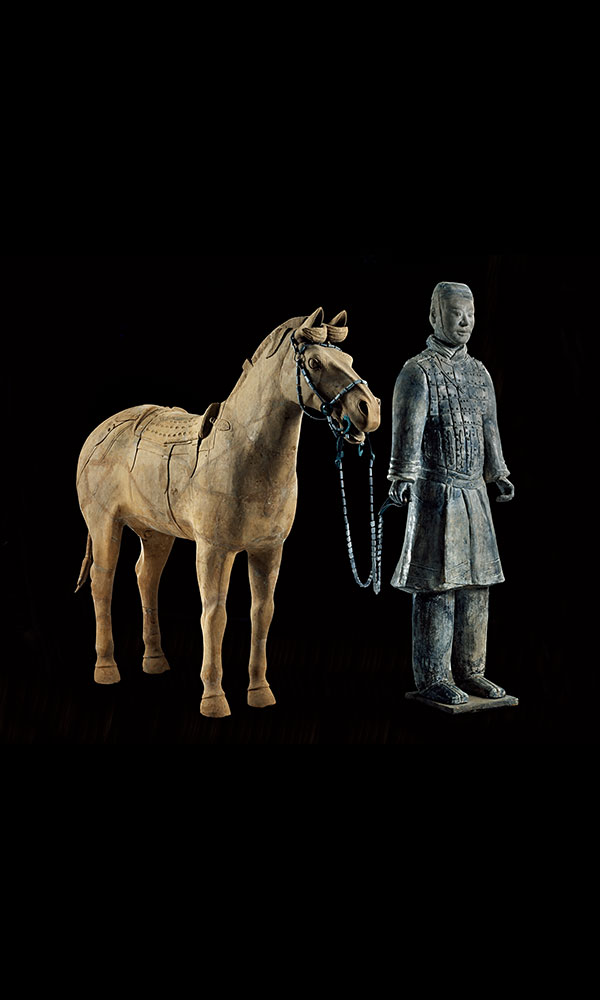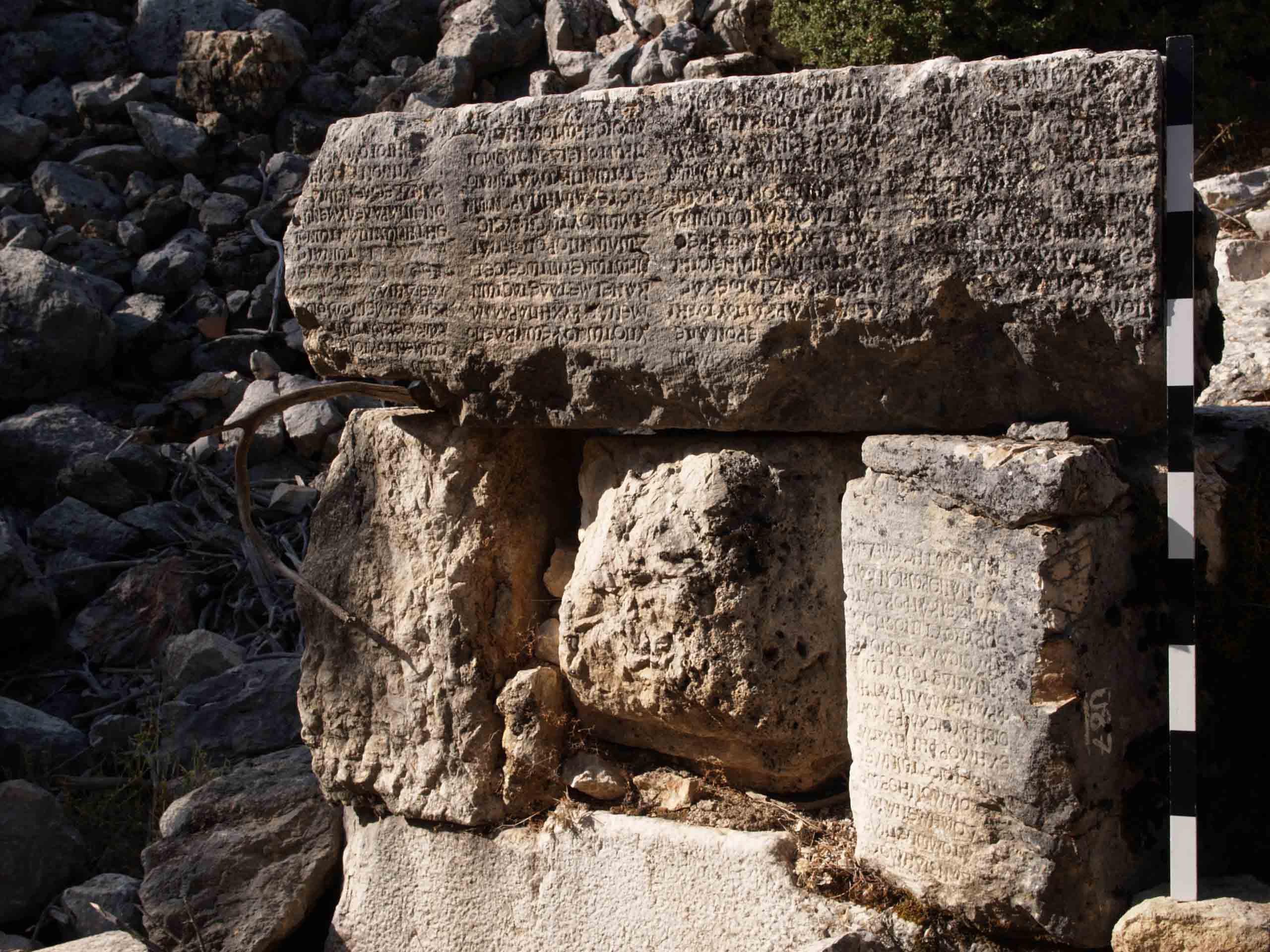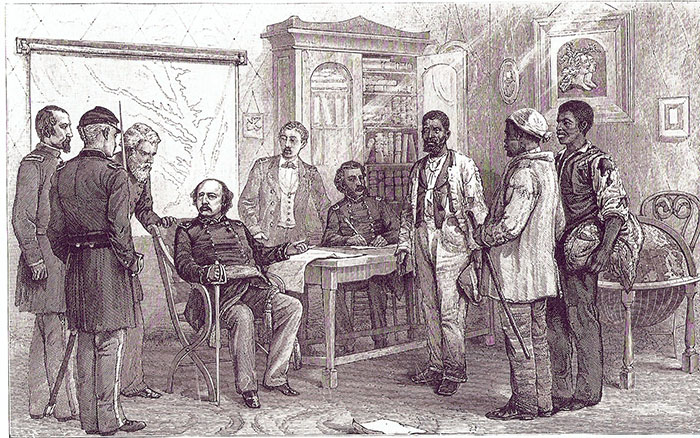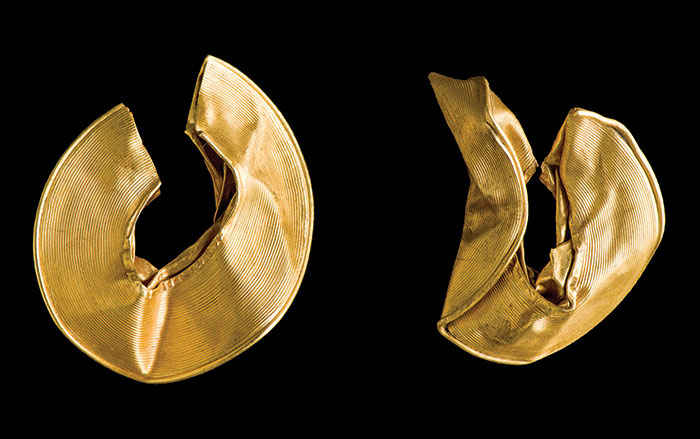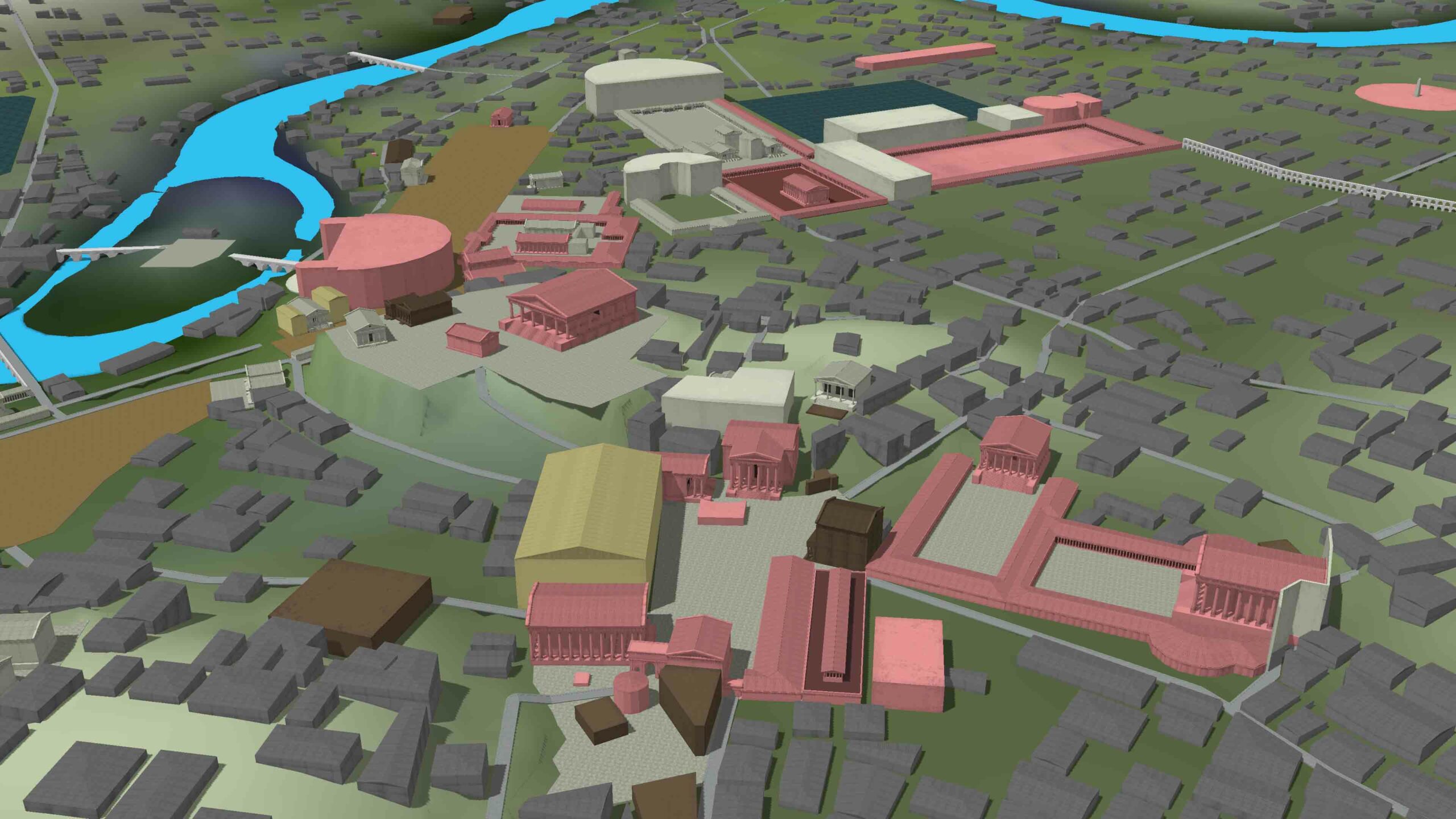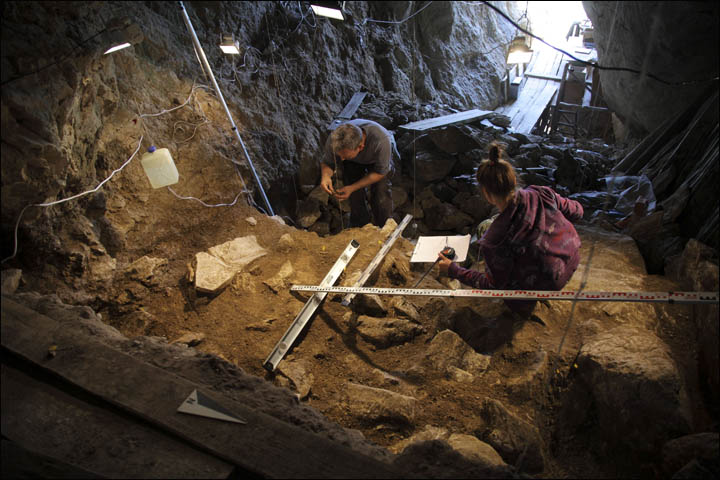
NOVOSIBIRSK, SIBERIA—The Siberian Times reports that a team led by Novosibirsk State University archaeologist Andrei Krivoshapkin has discovered human remains while excavating a 50,000-year old layer of earth in a cave in the mountainous Altai region. Krivoshapkin's crew unearthed skull fragments and a rib, and earlier uncovered a finger bone in a higher level dating from 35,000 to 40,000 years ago. The site is about 80 miles west of Denisova Cave, where the remains of a previously unknown species, dubbed “Denisovans” have been discovered. While Krivoshapkin cautions that it's too soon to say which species the bones came from, he does note that "whatever the results, they will help us understand the interaction of modern humans, Neanderthals, and Denisovans in the Altai territory." To read more about Denisovans and other recent human ancestors, go to “Our Tangled Ancestry.”



